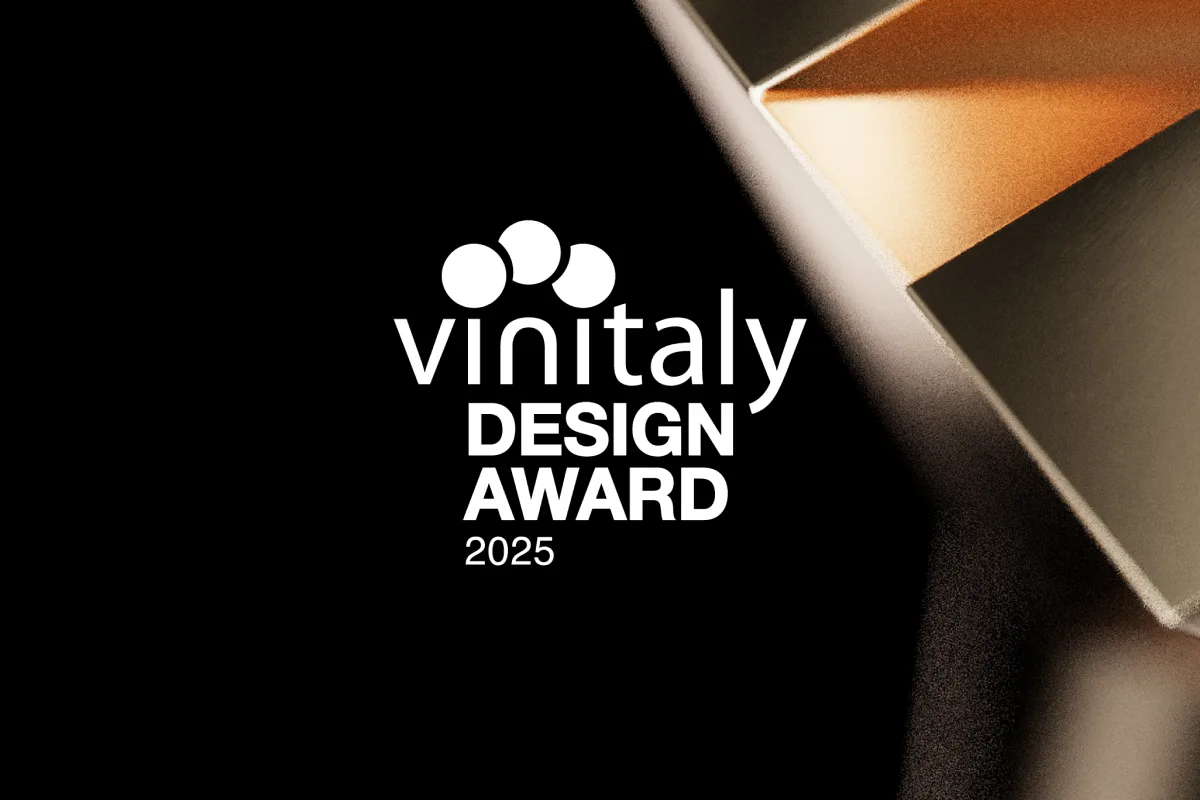At ATIU, sustainability isn’t just a buzzword—it’s part of who we are. As a company that specializes in sustainable glass decoration and is proudly carbon-neutral, we know that the language around eco-friendly practices can sometimes feel overwhelming. But it doesn’t have to be! In the spirit of keeping things fresh and light, here’s a quick guide to some key sustainability terms you might not be familiar with, or maybe just need a quick refresher on. So, as we dive into these words, remember—learning about sustainability can be just as sleek as the designs we bring to life.
Carbon Budget
Ever heard of a carbon budget? Think of it as a greenhouse gas “allowance” for humanity. It’s the amount of CO2 we can emit into the atmosphere while still keeping global warming to 1.5°C, as set by the Paris Agreement. According to the Mercator Research Institute on Global Commons and Climate Change, at our current pace, we’ll max out this allowance by early 2028. Time to rethink our spending!
CO2 Equivalent (CO2e)
Not all greenhouse gases are created equal, so how do we compare them? Enter CO2e, the measuring stick that converts the impact of any greenhouse gas into its CO2 equivalent. It’s like translating every language into the same one—only here, we’re talking about the planet’s future.
Climate Justice
Climate change isn’t just an environmental issue—it’s an ethical one, too. Climate justice emphasizes that everyone should have equal rights, responsibilities, and access to resources in the face of global warming. From local to global scales, it ensures that those most affected by the crisis aren’t left behind, especially when it’s human activities that are the root of the problem.
Mitigation
If climate change were a runaway train, mitigation would be our brake pedal. Climate mitigation refers to all the actions and strategies that aim to curb or prevent the release of greenhouse gases. The goal? Slow down global warming and reduce the impact of climate change. We can’t stop it altogether, but we can certainly try to slow it down.
Transition Risks
Shifting to a low-carbon economy sounds great, right? But it’s not without financial bumps in the road. Transition risks are the economic, regulatory, and technological challenges that come with making this change. These risks can affect the value of investments and the stability of businesses and markets. It’s like growing pains but for a better planet.
Biomass
Biomass might sound like science fiction, but it’s a real and renewable source of energy. Made from organic material like plants and organic waste, it can be converted into heat, biofuels, or biogas. Plus, it’s carbon-neutral, since the CO2 it releases is offset by the CO2 the plants absorbed during their growth cycle. Nature knows how to balance the books!
Conclusion
Sustainability is more than just a trend—it’s a mindset that’s shaping the future of our planet and our industries. At ATIU, we believe in creating designs that not only look beautiful but are also kinder to the environment. Whether you’re learning new terms or deepening your understanding of familiar ones, staying informed is one of the best ways to make a positive impact. So, let’s continue this journey together, one word—and one sustainable action—at a time.




